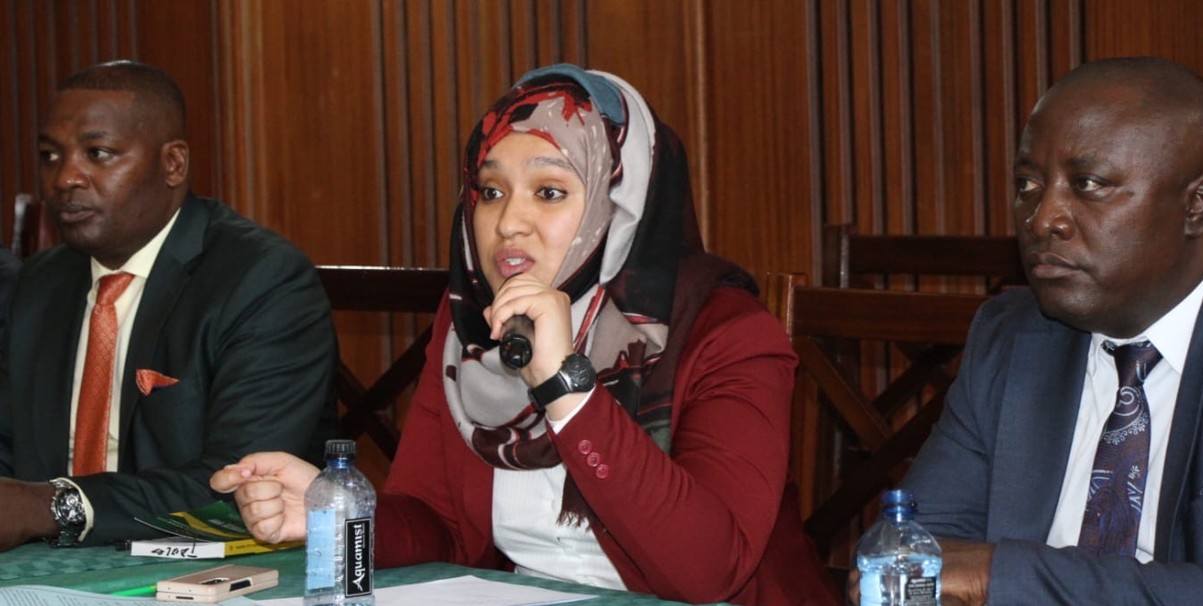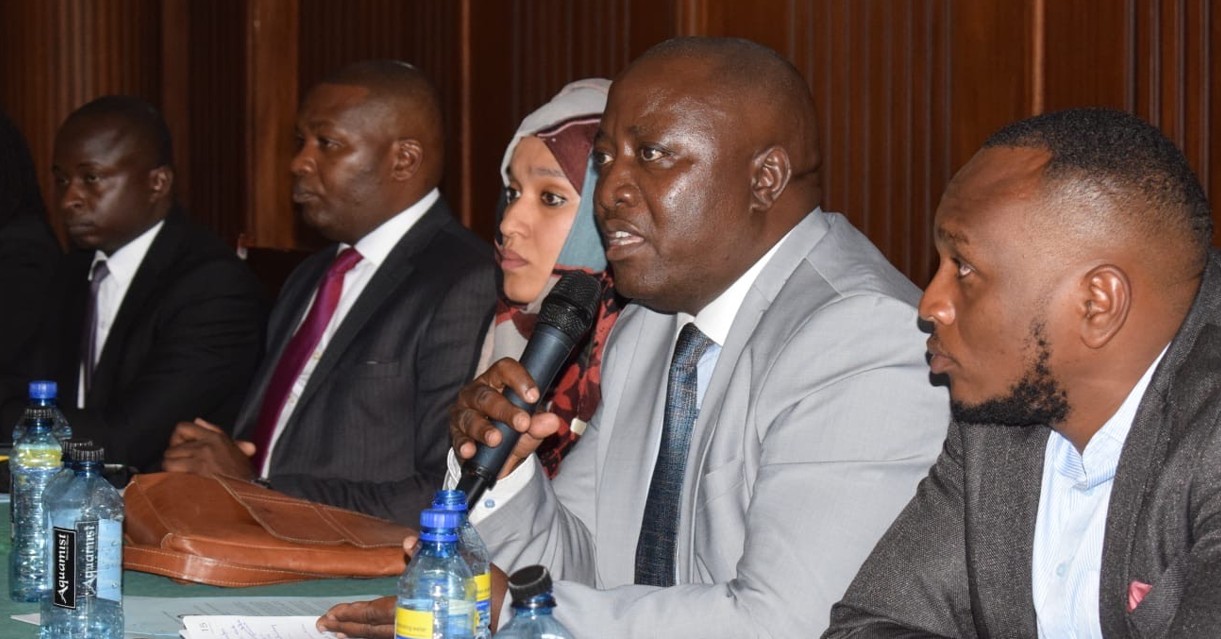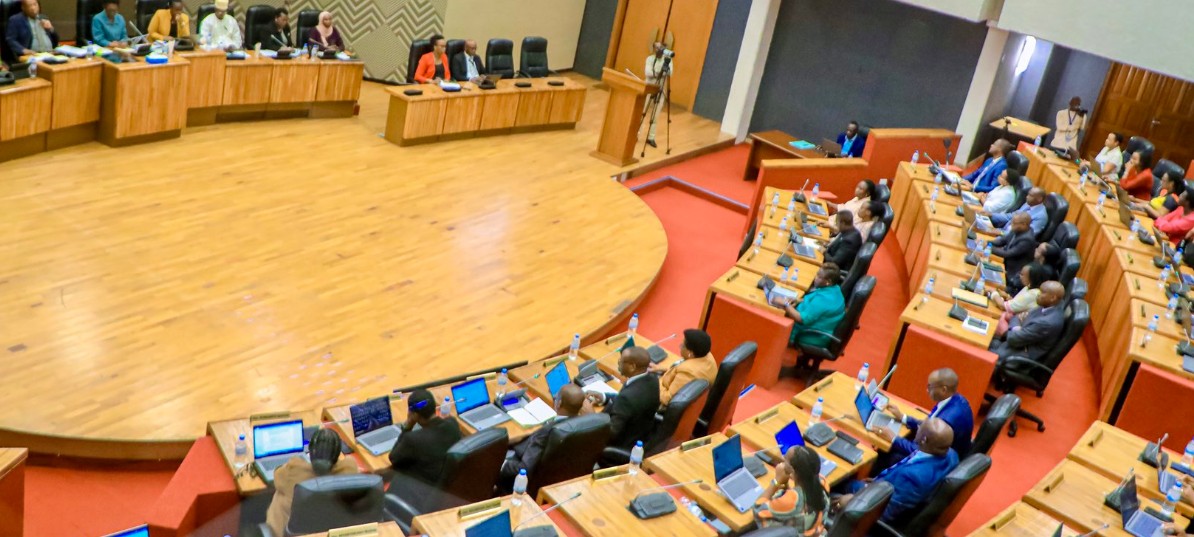Auditor-General urges state to conduct loan scrutiny to avoid costly penalties on taxpayers

Gathungu highlighted concerns over the improper utilisation of billions in loans and recommended measures to prevent avoidable financial burdens.
Auditor-General Nancy Gathungu has called on the government to conduct a thorough audit before it enters into any loan agreements to shield taxpayers from unnecessary penalties.
In a report presented to the National Assembly’s Debt and Privatisation Committee, Gathungu said the country is facing unnecessary loan penalties, which could be avoided with better planning and scrutiny.
More To Read
- CS Mbadi summoned over eCitizen revenue control, pension delays
- National Treasury, CRA differ over equitable share revenue allocations to counties
- Teachers, lecturers, police among public servants to benefit from Sh88bn budget boost
- Security, education, healthcare gain as Treasury expands budget by Sh86 billion
She highlighted concerns over the improper utilisation of billions in loans and recommended measures to prevent avoidable financial burdens.
The special audit, dated June 2024, reviewed the servicing of Kenya’s loans from July 1, 2020, to June 2023.
She urged the National Treasury to ensure that proper audits are conducted before entering into loan agreements to assess the financial commitment the country is taking on.
“To ensure that loans are contracted in a manner that minimises the cost and risk of borrowing, National Treasury should ensure proper scrutiny and negotiation of loan terms, adequate involvement of the project executing agency during loan negotiations and preparation during the drawdown of project loans,” reads the report.
Project appraisals
Gathungu also recommended that the government undertake comprehensive project appraisals in line with the Public Investment Management Guidelines to prevent paying commitment fees and penalties.
Commitment fees are charged by creditors when loans are not fully drawn down or used, and in some cases, they arise from delays in drawing the first disbursement or undrawn balances after project completion.
The audit uncovered instances where Kenya paid costly commitment fees, including wastage of up to Sh626 million due to delays in the cancellation of the Nairobi Underground Electricity Distribution Network project.
Of the 32 projects sampled, only two — the Olkaria geothermal wells and the Sondu Miriu hydropower project — drew down their first disbursements on time. Many others faced delays in meeting conditions such as signing loan agreements, securing compensation for land acquisitions, and receiving necessary government approvals.
To address the issue of stalled projects that turn into white elephants, Gathungu has called for regular reviews of project targets and performance by implementing agencies.
She emphasised the need for informed decision-making on whether to revive, halt, or restructure these projects based on detailed assessments.
“In addition, collaborative, informed, and effective decisions on whether to revive, stop or restructure these stalled projects should be based on a detailed assessment of these projects,” reads the report.
Value for money
Gathungu warned that taxpayers are not receiving value for money and expressed concerns that stalled projects could lead to additional costs. These could include repairing projects that have fallen into disrepair during the delay, along with penalties imposed by contractors.
She also pointed out that when the government fails to provide additional funding for donor-related projects, the country faces penalties for not using its first drawdown.
The Auditor-General’s report further advised that only projects funded by the national budget should be prioritised for borrowing.
She urged accounting officers in national entities to focus on already approved projects when requesting funding, and that the National Treasury should consider counterpart funding requirements in the national budget review.
The audit also revealed costly mistakes made by officials, exposing the country to liabilities amounting to Sh55 billion in commitment fees for loans not fully absorbed, and the financial strain of stalled projects that affect taxpayers.
Top Stories Today

















